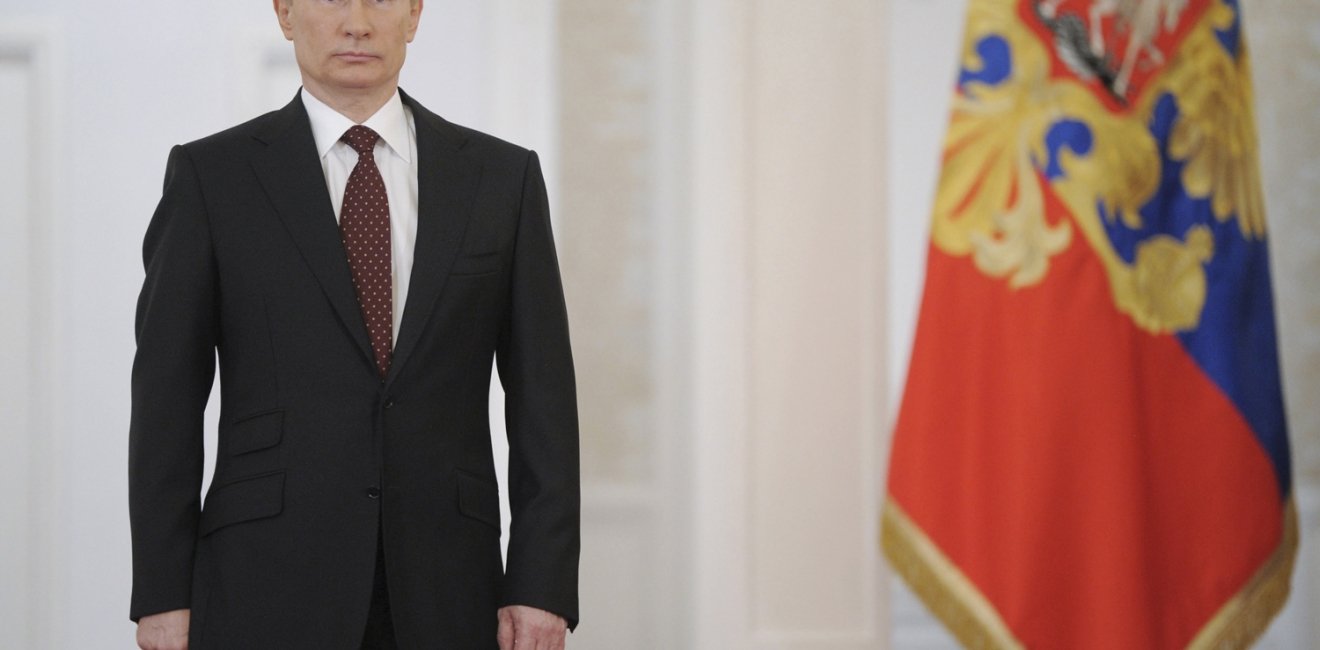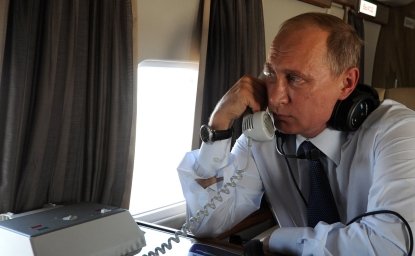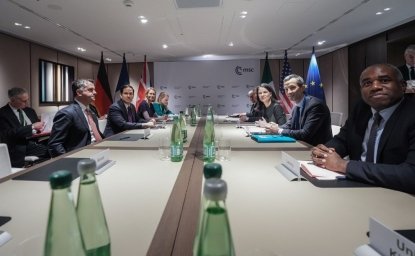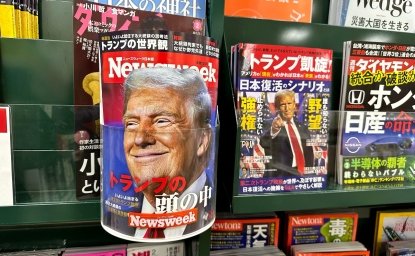There is a certain irony to insinuations that the latest Democratic National Committee (DNC) email hacking scandal reflects a Kremlin plot to put Donald Trump in the White House. It was only five years ago, in the midst of controversial Russian parliamentary and presidential elections, that Vladimir Putin accused then Secretary of State Hillary Clinton of orchestrating a mass protest movement against his regime. Now the shoe seems to be on the other foot.
Allegations that hackers linked to the Russian government have broken into DNC servers and leaked emails are consistent with the current dire state of U.S.-Russian relations. But not all of the implications that have been drawn, including about the Kremlin’s likely motives, ring true. Let’s take the key questions raised one at a time.
The first question is one of attribution and forensic evidence. Courtesy of cyber security scholars and analysts such as Thomas Rid, we already have persuasive evidence in the public sphere that hackers linked to the Russian government are involved in this. Based on the record of previous successful Russian government linked hacks on high profile U.S. targets, such as the State and Defense Departments, we should not be surprised.
Second comes the motive question: Why might the Kremlin have done this, if they did? That’s complex because it cuts two ways. On the one hand, the Russians have long argued that the United States meddles in elections and domestic politics around the globe. Their complaints have been particularly loud about U.S. actions in the post-Soviet space, where the Russians have been acutely sensitive about “color revolutions” bringing anti-Kremlin forces to power and compromising Russian influence in its near abroad. The Russians certainly accused the United States of intervening during the so-called “white” protest movement at the time of Russia’s 2011 Duma and 2012 presidential elections. Since then, the Kremlin has created riveting political theater for its domestic base by rooting out alleged “foreign agents” among Russian NGOs and media.
Yet none of that is evidence that Trump is in any way Putin’s man, much less that Putin would think he can intervene in the U.S. election and get a good result for Russia.
So, by that logic, it is not a stretch to think Putin would have wanted to send the message to Americans that the shoe is now on the other foot — our vaunted American democracy is just as vulnerable to foreign meddling. In fact, in the context of constant tit-for-tat escalation between Moscow and Washington — think spy scandals, incessant propaganda, and troop deployments in Eastern Europe —hostile intelligence operations surrounding politically sensitive targets are not only plausible, but should be expected.
All of this raises the final question, assuming the Russians are responsible, about the likely effect of this attack. Certainly, the Russians have intervened in Western politics before. Their support for fringe political parties and politicians in Europe has been well-documented, from backing the far right French National Front and Bulgarian Ataka parties to creating sham news agencies and sponsoring “troll farms” of social media commenters to whip up anti-government public sentiment within Western societies. So, it is conceivable that the Kremlin would want to “stir the pot” a bit in American politics by dumping some sensitive and controversial information into the roiling public debate around the 2016 presidential election.
What is harder to believe is that Vladimir Putin is specifically picking sides, or that he actually thinks that a blatant external intervention of this type can have a predictable effect on U.S. voters that would necessarily be good for Russia. Sure, there has been plenty of hype about Donald Trump’s connections to Russian oligarchs and some shady sounding potential real estate deals in the post-Soviet space. And Putin would have every reason to like Trump’s talk about playing hardball with NATO allies and his campaign’s apparent opposition to providing the Ukrainians with lethal weapons.
Yet none of that is evidence that Trump is in any way Putin’s man, much less that Putin would think he can intervene in the U.S. election and get a good result for Russia. If anything, the now very public insinuations about the Trump organization’s Russian ties or the suggestion that Putin is backing Trump against Hillary could alienate some very important swing voters, including Americans of Polish, Ukrainian, Baltic, and other East European descent concentrated in swing states like Pennsylvania, Ohio, and Illinois. Russians have a lot of strange misconceptions about American politics, as we do about theirs, but they’re well enough informed to know how badly this could backfire.
The opinions expressed here are solely those of the author.
This article originally appeared in War on the Rocks






